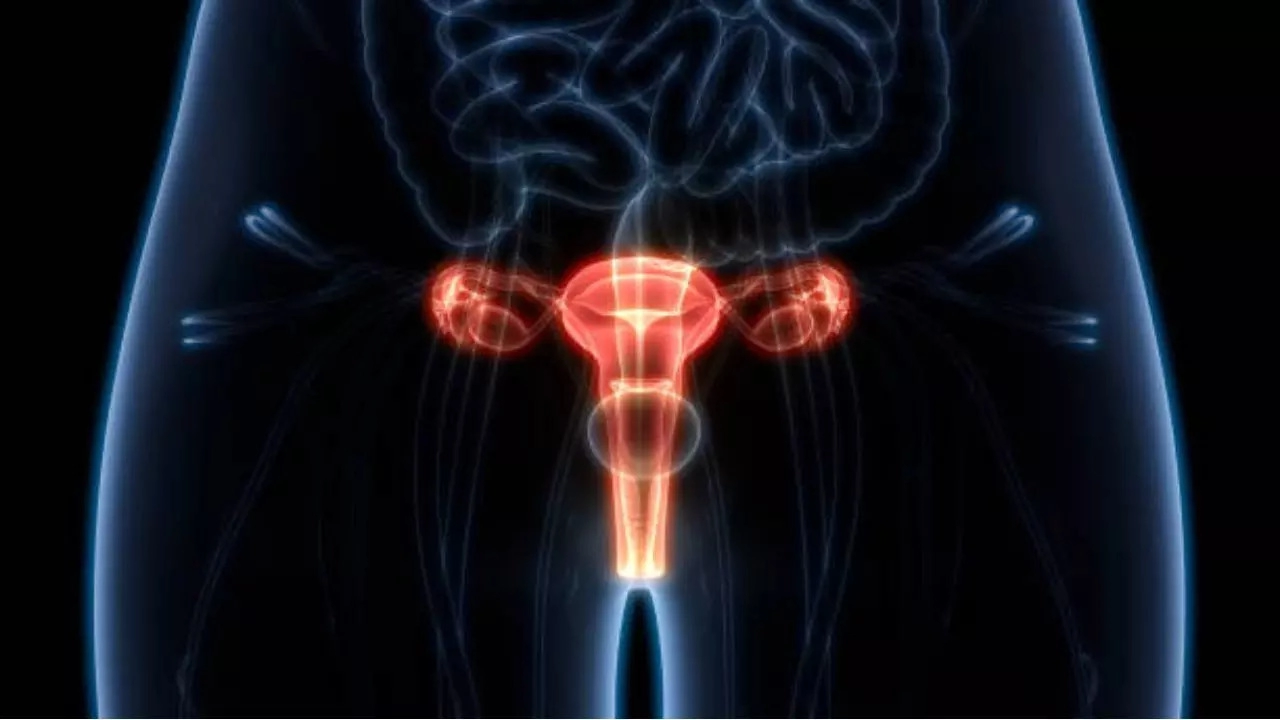Ashima Sharda Mahindra • 17 Sep 2024
Major Red Flag Symptoms of 5 Gynae Cancers Women Should Take Note Of

Experts say just 45 women speak to a doctor if they noticed spotting, bleeding, or bloody discharge after their periods had stopped
According to statistics, gynecological cancers account for one out of every five women with cancer in the world, with 60 of them diagnosed - the equivalent of over 22,000 cases throughout the year. While the spike in the cases is evident, experts are worried that most of the cases get detected in the later stages when it becomes difficult to treat them.
While there are effective screening exams for many types of cancer in women like colon cancer, cervical cancer, and vaginal cancer, doctors say gynecologic cancers can be harder to detect. Unfortunately, there are not many tests for most types of gynecologic cancer and symptoms can be vague.
And so, it is essential to know the warning signs and risk factors and listen to your body when something does not seem right.
Red flag signs of gynec cancers women need to know
According to experts, less than half of women act on red flag symptoms of gynecological cancer. Just 45 per cent would speak to a doctor if they noticed spotting, bleeding, or bloody discharge after their periods had stopped, and only 44 per cent would do so if they bled between periods – statistics say. And a few of the other symptoms you must immediately take note of include:
Ovarian cancer
It occurs in your ovaries - located on both sides of the uterus. Doctors say cancer in the fallopian tubes and peritoneum - the lining of the tissue and organs in the abdomen, is also considered ovarian cancer. A few early symptoms of ovarian cancer can be unclear and not specific to ovarian cancer, these include:
- Abdominal bloating and swelling
- Nausea
- Poor appetite or feeling full quickly
- Changes in bowel or bladder habits
- Unexplained weight loss
Womb cancer
Also known as endometrial or uterine cancer, womb cancer is a common cancer that affects the female reproductive system. It occurs when abnormal cells grow out of control in the uterus. The signs and symptoms of this cancer can resemble those of many conditions that affect the reproductive organs of women. A few of these include:
- Vaginal bleeding between periods
- Vaginal bleeding or spotting after menopause, even a slight amount
- Severe pain and cramps in your lower abdomen and pelvis
- Thin white or clear vaginal discharge
- Extremely prolonged, heavy, or frequent vaginal bleeding if you’re older than 40 years of age
Vulval cancer
Vulval cancer is extremely rare and affects your vulva - the outer part of women’s genitals. According to doctors, it is usually diagnosed in women aged 65-74 years, and most often affects the labia majora. However, younger women are also now being diagnosed with the cancer, so they should know to look out for:
- Constant itching on the external genitalia
- Pain or soreness on the external genitalia
- Thickened, raised, red, white, or dark patches
- An open sore or growth visible on the genital skin
- A mole on the external genitalia that changes shape or colour
- A lump or swelling on the external genitalia
Cervical cancer
Cervical cancer develops in the cervix or the layers of the cervix wall. It is caused by a persistent infection with the human papillomavirus or HPV - a sexually transmitted infection. According to experts, the symptoms of this cancer are usually not noticeable in the early stages. Some of them include:
- Unusual bleeding, often after sex
- Pain and discomfort during sex
- Unpleasant-smelling vaginal discharge
Vaginal cancer
Vaginal cancer begins in the vagina - a tubelike structure that connects the outside of the body to the bottom of the uterus. A few symptoms include:
- Abnormal bleeding or discharge
- Blood in your stool or urine
- Constipation or abnormal bowel function
- Pain during urination or sexual intercourse
- Pain in your pelvic region
- Going to the bathroom more often than usual
- Swelling in your legs
Get Latest News Live on Times Now along with Breaking News and Top Headlines from Health and around the world.